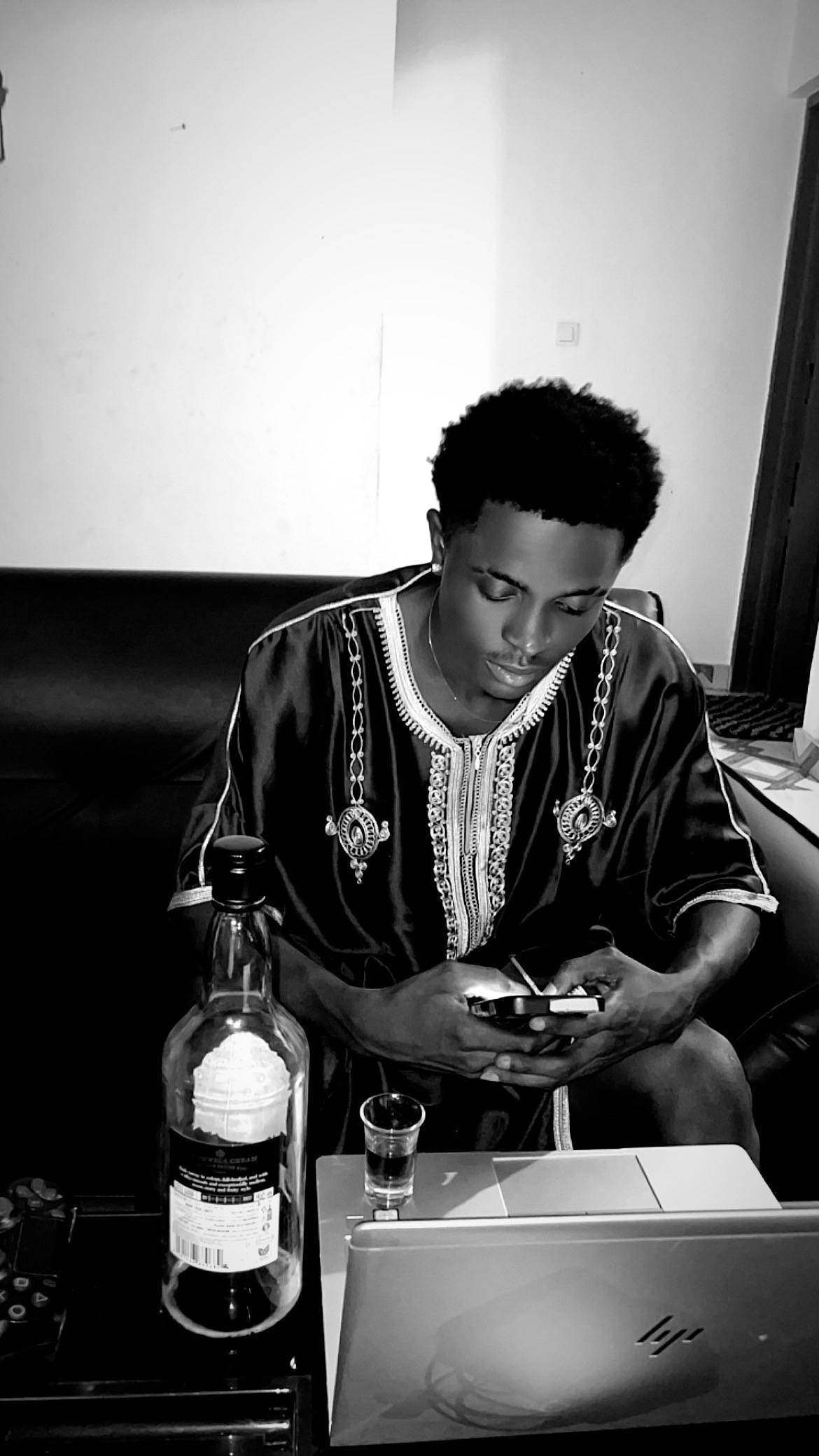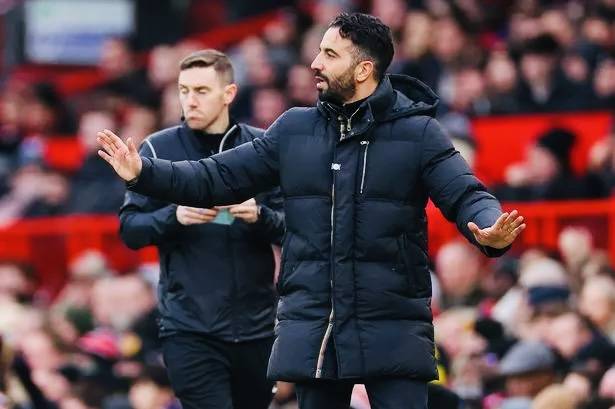Rúben Amorim’s tenure as Manchester United’s manager, which began in November, has seen the team struggle defensively, conceding 33 goals across 21 matches. This statistic highlights ongoing issues at the back, despite any tactical adjustments the Portuguese coach may have implemented since taking charge.
Averaging over 1.5 goals conceded per game, Manchester United’s defensive frailties have been a major talking point among fans and analysts. Defensive stability is often a crucial element of a successful team, but under Amorim, United have found it difficult to maintain a solid backline. Whether it is due to individual mistakes, poor organization, or a lack of cohesion in defense, the numbers suggest that the team has been unable to prevent opponents from scoring on a consistent basis.
One of the key concerns for Manchester United under Amorim has been their inability to keep clean sheets. A team that concedes this frequently is bound to face difficulties in securing wins, especially against strong opposition. In modern football, a balanced approach that includes both attacking prowess and defensive resilience is essential for long-term success. However, with United conceding over 30 goals in just 21 matches, it raises questions about whether Amorim’s tactical approach is working as intended.
Several factors may have contributed to this defensive record. Injuries to key defenders, inconsistent team selections, and possible tactical missteps could all play a role. Additionally, the pressure of managing a club of United’s stature means that every defensive lapse is scrutinized in great detail. Amorim, who has impressed in his previous managerial stints, now faces the challenge of addressing these defensive shortcomings if he hopes to turn things around.
The defensive struggles also place added pressure on Manchester United’s attacking players. When a team is conceding frequently, attackers must compensate by scoring more goals to secure positive results. This dynamic can lead to an imbalanced team, where the focus shifts too heavily toward offense while defensive weaknesses remain unaddressed. The best teams in football are those that strike a balance, ensuring they are as difficult to break down as they are dangerous going forward.
Despite the concerning defensive record, there may still be time for Amorim to make adjustments and improve Manchester United’s performances. Defensive issues are not uncommon for managers in their early months at a new club, as implementing a new tactical system and philosophy takes time. If Amorim can identify the root causes of the team’s defensive problems and address them effectively, United could see improvements in the coming matches.
Ultimately, the statistic of 33 goals conceded in 21 games paints a worrying picture of Manchester United’s current defensive situation. It suggests a team that has been vulnerable at the back, struggling to shut down opposition attacks consistently. Whether Amorim can find a solution to these problems remains to be seen, but for now, the numbers highlight an area of concern that must be addressed if Manchester United are to compete at the highest level.



